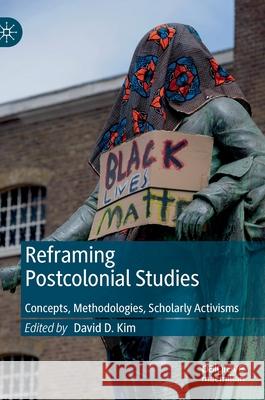Reframing Postcolonial Studies: Concepts, Methodologies, Scholarly Activisms » książka
topmenu
Reframing Postcolonial Studies: Concepts, Methodologies, Scholarly Activisms
ISBN-13: 9783030527259 / Angielski / Twarda / 2020 / 278 str.
Reframing Postcolonial Studies: Concepts, Methodologies, Scholarly Activisms
ISBN-13: 9783030527259 / Angielski / Twarda / 2020 / 278 str.
cena 563,56
(netto: 536,72 VAT: 5%)
Najniższa cena z 30 dni: 539,74
(netto: 536,72 VAT: 5%)
Najniższa cena z 30 dni: 539,74
Termin realizacji zamówienia:
ok. 16-18 dni roboczych.
ok. 16-18 dni roboczych.
Darmowa dostawa!
Kategorie BISAC:
Wydawca:
Palgrave MacMillan
Język:
Angielski
ISBN-13:
9783030527259
Rok wydania:
2020
Wydanie:
2021
Ilość stron:
278
Waga:
0.50 kg
Wymiary:
21.01 x 14.81 x 1.75
Oprawa:
Twarda
Wolumenów:
01
Dodatkowe informacje:
Wydanie ilustrowane











